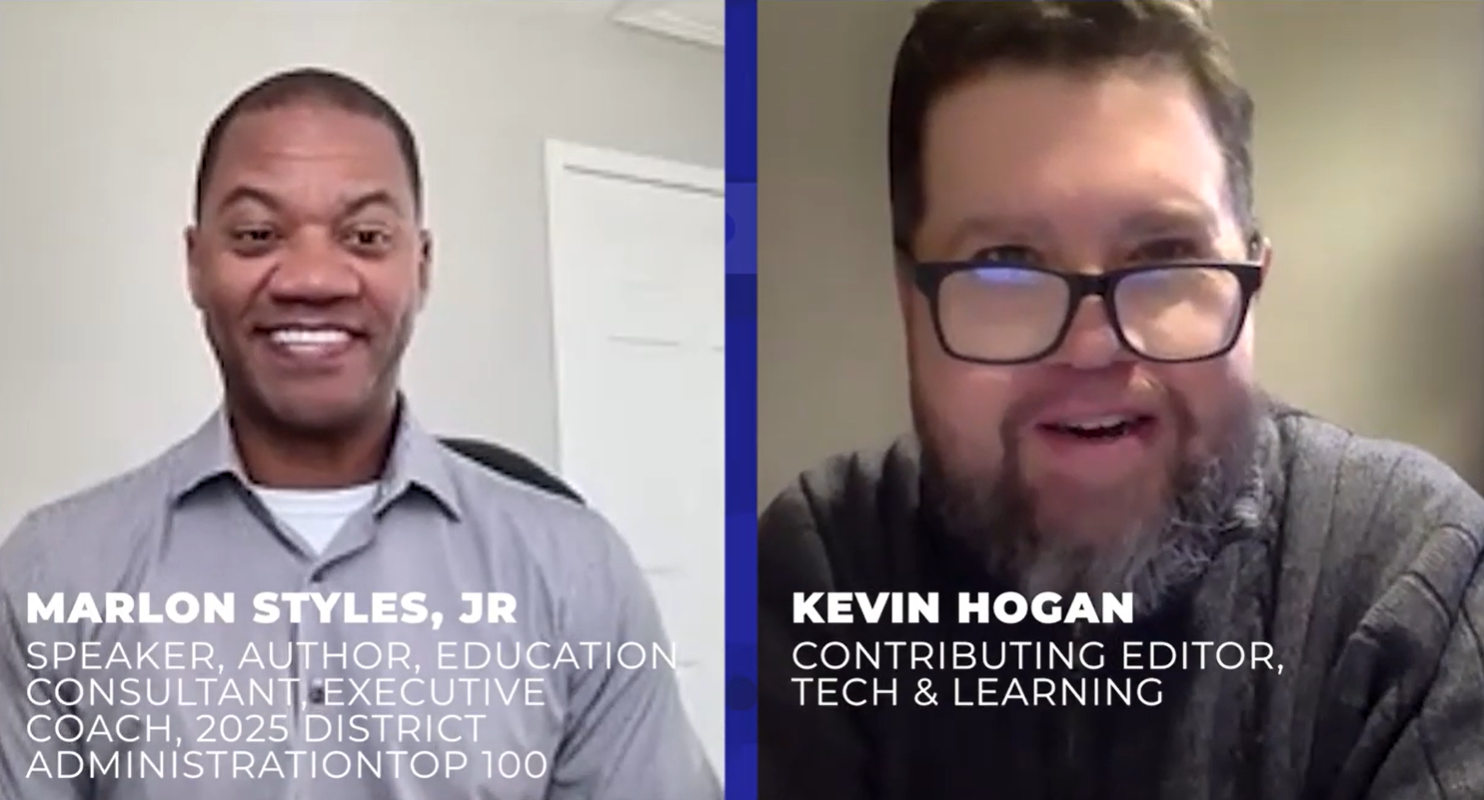Today's Newsletter: Do Online Credit Recovery Programs Work?

Tools and ideas to transform education. Sign up below.
You are now subscribed
Your newsletter sign-up was successful
Guest blog: Steven Baule, Superintendent of the Muncie Community Schools in Muncie, Indiana: Last week, I was honored to participate in our regional adult basic education graduation ceremony. As we were getting ready to go on stage, one of the student speakers asked me if it got boring going to graduations. I told her it was actually the best part of my job. High school graduation is the culmination of thirteen or more years of work on the part of the graduate, their family, and friends. Alternative graduation ceremonies, though smaller, are maybe the best of the best as nearly everyone who walks across the stage has had a stumble along the way. However, they got back up and kept on towards their goal. One of the key ways students obtain alternative diplomas is through online credit recovery programs. The Center for Public Education explains how these programs work. However, the effectiveness of these programs have been called into question by the Albert Shanker Institute, EdWeek, FosterEducation and more recently, NPR. Much of the criticism is that there is a lack of data to support the continuation or expansion of online credit recovery programs. My personal experience diverges significantly from the recent study done by the American Institutes for Research and the University of Chicago Consortium on School Research, which found that more students in the face-to-face courses earned passing grades and scored higher in end-of-course assessments than learners doing their studies strictly online. As a high school principal, 87% of my students who entered the online credit recovery program earned at least a semester of credit; traditional repetition of the course netted only a 50% passing rate. I would encourage everyone reading this who is involved in online credit recovery efforts to put your results online and share your successes or struggles. In order to be a good model the results from my high school’s experience can be found here or alternatively, here. Although the data is ten years old now, it can provide a template for how to report your experiences.
Tools and ideas to transform education. Sign up below.
